 Welcome
Welcome
“May all be happy, may all be healed, may all be at peace and may no one ever suffer."
Whiplash

Whiplash is a neck injury that occurs when the head is suddenly and forcefully jerked forward and then back, causing the neck to rapidly flex and extend. It is commonly associated with car accidents, especially those involving rear-end collisions, but it can also be caused by sports injuries, physical abuse, or other traumatic events.
Whiplash can cause damage to the soft tissues in the neck, including muscles, ligaments, and tendons, as well as the bones and discs in the spine. The symptoms of whiplash can vary depending on the severity of the injury and can include:
- Neck pain and stiffness
- Headache
- Shoulder pain
- Back pain
- Dizziness
- Fatigue
- Numbness or tingling in the arms or hands
Symptoms of whiplash may not appear immediately after the injury but may develop over several hours or days.
The treatment for whiplash typically involves conservative measures such as rest, ice, and pain relievers. Physical therapy or chiropractic treatment may also be recommended to help relieve pain and stiffness and restore range of motion. In some cases, a cervical collar may be used to provide support and prevent further injury to the neck.
Most people with whiplash recover within a few weeks to a few months with proper treatment, but some may experience chronic neck pain or other long-term complications. It's important to seek medical attention if you have symptoms of whiplash, particularly if you have any other symptoms, such as numbness or weakness in the arms, or if the pain or stiffness is severe or persists for more than a few days.
Research Papers
Disease Signs and Symptoms
- Neck pain
- Difficulty concentrating
- Irritability
- Ringing in ears (tinnitus)
- Blurred vision of eye
- Dizziness (vertigo)
- Fatigue (Tiredness)
- Weakness and numbness in arms
- Headaches
- Stiffness of neck muscles
- Strong depression
Disease Causes
Whiplash
Whiplash typically occurs when your head is forcefully and quickly thrown backward and then forward. This motion can injure bones in the spine, disks between the bones, ligaments, muscles, nerves and other tissues of the neck.
A whiplash injury may result from:
- Auto accidents. Rear-end collisions are a major cause of whiplash.
- Physical abuse or assault. Whiplash can occur if you are punched or shaken. It's one of the injuries seen in shaken baby syndrome.
- Contact sports. Football tackles and other sports-related collisions can sometimes cause whiplash.
Disease Prevents
Disease Treatments
The goals of whiplash treatment are to:
- Control pain
- Restore normal range of motion in your neck
- Get you back to your normal activities
Your treatment plan will depend on the extent of your whiplash injury. Some people only need over-the-counter medication and at-home care. Others may need prescription medication, specialized pain treatment or physical therapy.
Pain management
Your doctor may recommend one or more of the following treatments to lessen pain:
- Rest. Rest may be helpful for a day or two after your injury, but too much bed rest may delay recovery.
- Heat or cold. Either heat or cold applied to the neck for 15 minutes every three hours or so can help you feel better.
- Over-the-counter pain medications. Over-the-counter pain relievers, such as acetaminophen (Tylenol, others) and ibuprofen (Advil, Motrin IB, others), often can control mild to moderate whiplash pain.
- Prescription medications. People with more-severe pain may be given certain antidepressant drugs that have been shown to relieve nerve pain.
- Muscle relaxants. Short-term use of these drugs may be recommended to loosen tight muscles and soothe pain. The medicine also can make you feel sleepy. It may be used to help restore normal sleep if pain prevents you from getting a good night's rest.
- Injections. An injection of lidocaine (Xylocaine) — a numbing medicine — into painful muscle areas may be used to decrease pain so that you can do physical therapy.
Exercise
Your doctor will likely prescribe a series of stretching and movement exercises for you to do at home. These exercises can help restore range of motion in your neck and get you back to your normal activities. Applying moist heat to the painful area or taking a warm shower may be recommended before exercise.
Exercises may include:
- Rotating your neck in both directions
- Tilting your head side to side
- Bending your neck toward your chest
- Rolling your shoulders
Physical therapy
If you have ongoing whiplash pain or need assistance with range-of-motion exercises, your doctor may recommend that you see a physical therapist. Physical therapy can help you feel better and may prevent further injury. Your physical therapist will guide you through exercises to strengthen your muscles, improve posture and restore normal movement.
In some cases, transcutaneous electrical nerve stimulation (TENS) may be used. TENS applies a mild electric current to the skin. Limited research suggests this treatment may temporarily ease neck pain and improve muscle strength.
The number of physical therapy sessions needed will vary from person to person. Your physical therapist can also create a personalized exercise routine that you can do at home.
Foam collars
Soft foam cervical collars were once commonly used for whiplash injuries to hold the neck and head still. However, studies have shown that keeping the neck still for long periods of time can decrease muscle strength and interfere with recovery.
Still, use of a collar to limit movement may help reduce pain soon after your injury, and may help you sleep at night. Recommendations for using a collar vary though. Some experts suggest limiting use to no more than 72 hours, while others say it may be worn up to three hours a day for a few weeks. Your doctor can instruct you on how to properly use the collar, and for how long.
Disease Diagnoses
Disease Allopathic Generics
Disease Ayurvedic Generics
Disease Homeopathic Generics
Disease yoga
Whiplash and Learn More about Diseases
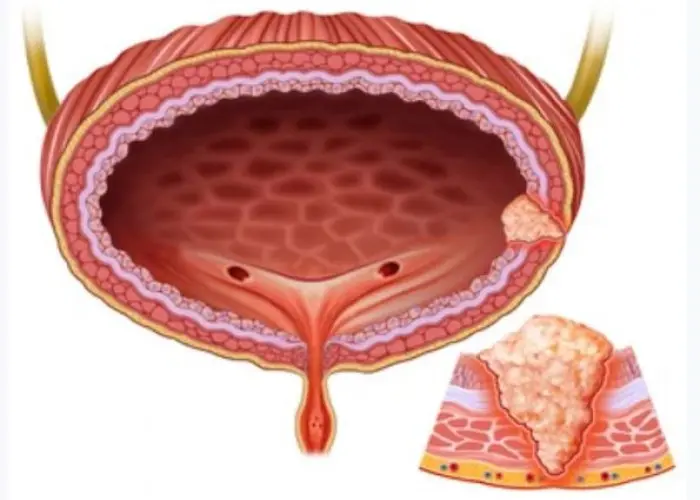
Bladder cancer
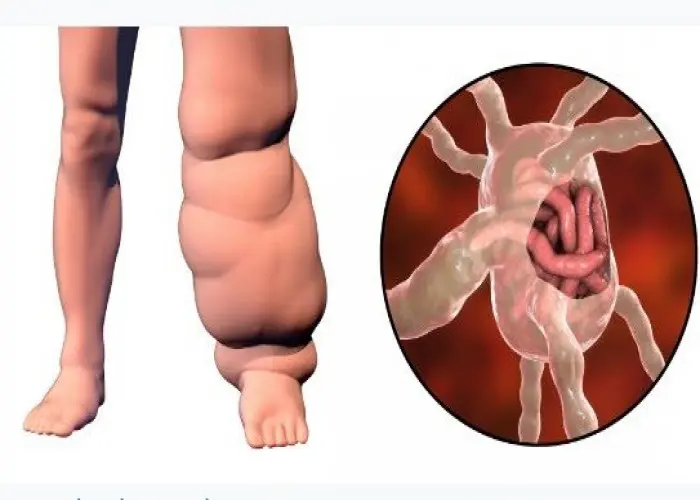
Filaria
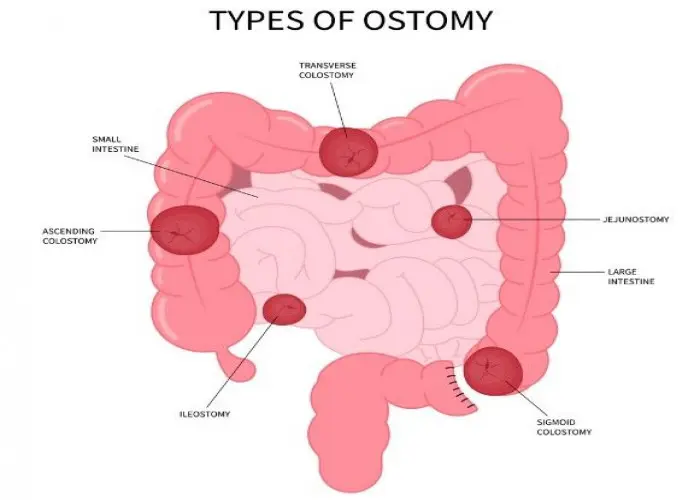
Familial adenomatous polyposis

Systemic capillary leak syndrome

Hangovers

Urinary tract infection (UTI)
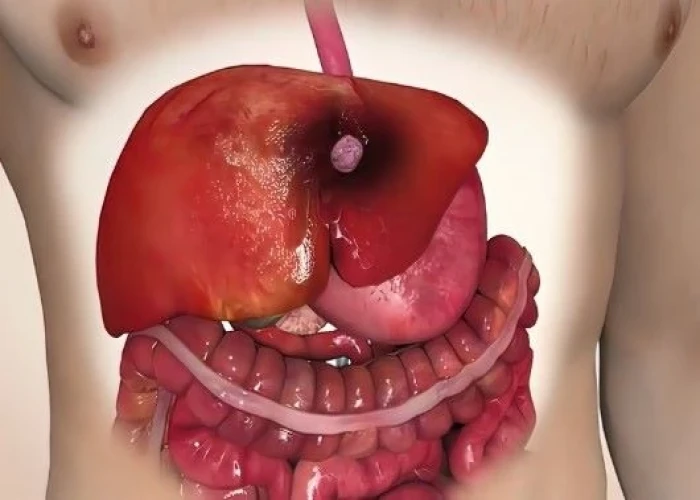
Liver cancer
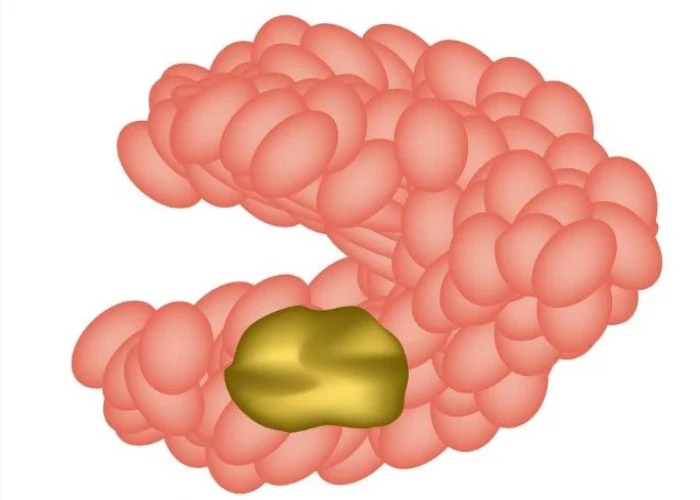
Jaw tumors and cysts
whiplash, হুইপ্লেশ
To be happy, beautiful, healthy, wealthy, hale and long-lived stay with DM3S.
